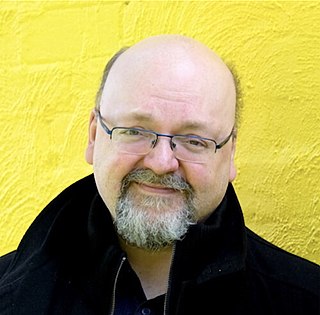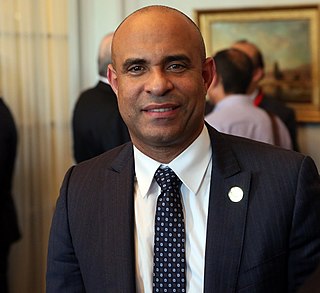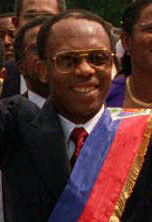A Quote by Paul Farmer
Haiti is always talking about decentralization and nothing has been so obvious, perhaps a weakness, as the centralized nature of Haitian society as being revealed by the earthquake. I mean, they lost all these medical training programs because they didn't have them anywhere else.
Related Quotes
There is this split between the Haiti of before the earthquake and the Haiti of after the earthquake. So when I'm writing anything set in Haiti now, whether fiction or nonfiction, always in the back of my mind is how people, including some of my own family members, have been affected not just by history and by the present but also by the earthquake.
Language is such a powerful thing. After the earthquake, I went to Haiti and people were talking about how [they] described this feeling of going through an earthquake. People really didn't have the vocabulary - before we had hurricanes. I'd talk with people and they'd say, "We have to name it; it has to have a name."
The impact of the earthquake on mental health was huge and unimaginably deep in people's lives. Some lost all benchmarks and references because of their great loss, we still have people coming to clinics with mental health problems related to the earthquake. They talk about the earthquake, about being under the rubble.
We still have our people working in the cane fields in the Dominican Republic. People are still repatriated all the time from the Dominican Republic to Haiti. Some tell of being taken off buses because they looked Haitian, and their families have been in the Dominican Republic for generations. Haitian children born in the Dominican Republic still can't go to school and are forced to work in the sugarcane fields.

































